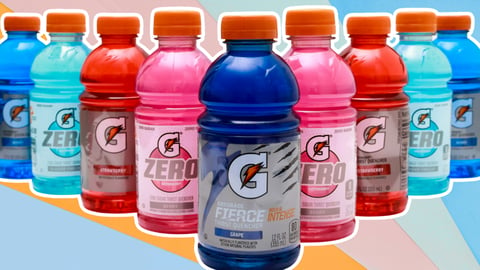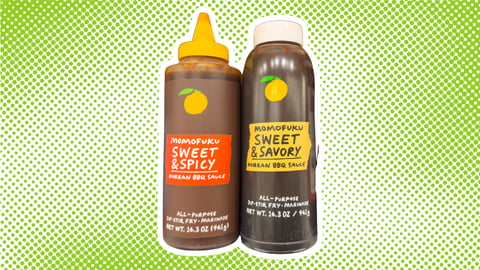Mars Unwraps Eco-Innovation With Seaweed, Digital Twins & Consumer Nudging
Mars is building consumer cues into its marketing and advertising as part of efforts to advance its sustainability goals.
A founding member of the Unstereotype Alliance consortium, which focuses on ending harmful stereotypes in advertising, Mars is well-versed in the importance of small details having a big impact. As a result, the privately owned CPG sees building sustainable “consumer nudging” as a new frontier within its marketing and communication.
One example includes something as simple as having an M&M character in an advertisement holding a reusable coffee cup rather than a single-use cup, Gulen Bengi, chief growth officer of Mars Snacking, told CGT, mirroring the behavior one hopes to promote.
Beyond nudging and mirroring, Mars is also focusing on consumer understanding and appeal within sustainable packaging. This includes both strong packaging aesthetics and storytelling, Bengi said.
“The packaging needs to look brilliant on shelf,” she stressed. “It has to be attractive. It has to talk for the brand itself.”
When the company revamped the packaging for Mars bar in Australia while retaining its natural shape, consumers initially didn't realize the new wrapping was paper-based. “So we built into the design some cues of paper and the tearing sound of paper — and then they loved it,” said Bengi. “It’s important that we design the brilliance into it.”
The company is also planning to leverage SmartLabel technology to enable packaging logos and images to serve as QR codes. The technology is expected by Mars to help drive further impact through additional storytelling with consumers.
Driving More Sustainable Packaging
When it comes to advancing its sustainability mandates, Mars is prioritizing efforts surrounding raw materials sourcing. Raw materials have an outsized impact on its emissions footprint, said Amanda Davies, chief R&D, procurement and sustainability officer of Mars Snacking, and so they want to reduce the impact derived from use of dairy, cocoa, and other ingredients.
“Our priority is about raw materials … That's where we're focusing on so that we can really decarbonize at the rate this planet needs us to do,” said Davies.
As part of this, Mars is exploring digital twins to better understand sourcing complexities through supply chain mapping, Davies said. Digital twins are also being used as a tool to reduce the amount of plastics in packaging, as well as within product innovation.
Outside of this, Mars is connecting with a cohort of creative entrepreneurs with the Unreasonable Group who have the “breakthrough, bold ideas that are needed to solve some of these challenges,” said Davies.
Seaweed plays a starring role in two separate partnerships. One, with Loliware, is exploring seaweed-based biodegradable packaging materials that can be composted at home. Sea Forest, meanwhile, uses red seaweed-based feed additives to help reduce cattle emissions.
While Davies acknowledged that a learning curve always exists in working with start-ups, she expects Loliware’s solutions could be used commercially in two to three years. The goal is for Mars to leverage its scale and connect these types of startups with manufacturing partners.
“This is not a promise — this is a potential,” she noted. “It’s not ready to go to scale to put on 1,000 products a second today, but that's part of this partnering to solve some of these challenges.”






